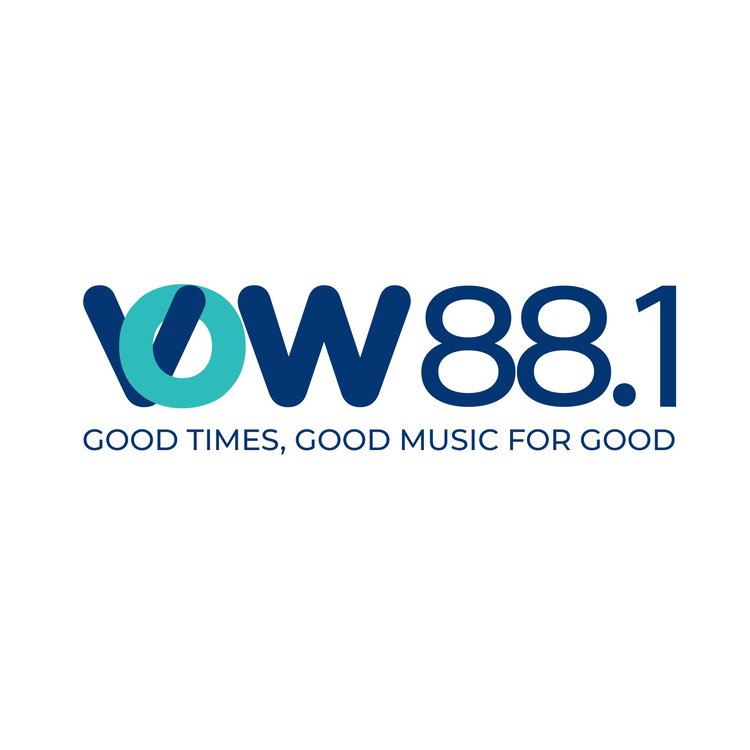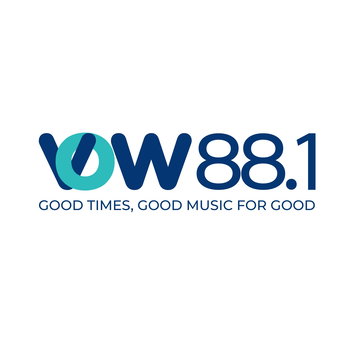
IN CONVERSATION WITH JACE NAIR
Loading player...
Blind SA, represented by the Equal Education Law Centre (EELC), will appear
in the North Gauteng High Court at 2pm to protect and promote the rights of
blind and partially sighted (visually impaired) learners at Filadelfia Secondary
LSEN School.
This matter arises from serious and ongoing concerns regarding conditions at
the school's hostel. Reports have detailed incidents of violence among
learners and between educators and learners, allegations of sexual
harassment by educators, severe staff shortages, and deteriorating hostel
infrastructure, all of which pose a direct threat to the safety, dignity, and
rights of the learners.
Despite numerous attempts to engage the school, the Gauteng Department
of Education (GDE), and the National Department of Basic Education (DBE),
Blind SA has not received any meaningful response or intervention
addressing these grave concerns. As a result, in 2024, Blind SA, represented
by EELC, filed an application to appoint a curator ad litem, based at the
Centre for Child Law, to conduct an independent and impartial assessment of
the hostel’s conditions. The curator’s mandate would be to investigate the
current situation, consult with affected learners and stakeholders, and report
back to the court with findings and recommendations.
Disappointingly, instead of supporting this child-focused and non-adversarial
intervention, the GDE has opted to oppose the application. Their opposition
rests on narrow procedural grounds, including a claim that the Minister of
Basic Education was improperly joined to the proceedings.
It is important to emphasise the challenges faced at Filadelfia are not
isolated, but reflects a broader systemic failure in the provision of safe,
accessible, and dignified hostel accommodation for learners with disabilities
across South Africa. Through this application, Blind SA hopes that the
appointment of a curator will result in credible, evidence-based
recommendations that can drive lasting, meaningful change—starting at
Filadelfia and extending to the wider system. Learners with disabilities
deserve to access quality education in environments that uphold their rights
and affirm their dignity.
in the North Gauteng High Court at 2pm to protect and promote the rights of
blind and partially sighted (visually impaired) learners at Filadelfia Secondary
LSEN School.
This matter arises from serious and ongoing concerns regarding conditions at
the school's hostel. Reports have detailed incidents of violence among
learners and between educators and learners, allegations of sexual
harassment by educators, severe staff shortages, and deteriorating hostel
infrastructure, all of which pose a direct threat to the safety, dignity, and
rights of the learners.
Despite numerous attempts to engage the school, the Gauteng Department
of Education (GDE), and the National Department of Basic Education (DBE),
Blind SA has not received any meaningful response or intervention
addressing these grave concerns. As a result, in 2024, Blind SA, represented
by EELC, filed an application to appoint a curator ad litem, based at the
Centre for Child Law, to conduct an independent and impartial assessment of
the hostel’s conditions. The curator’s mandate would be to investigate the
current situation, consult with affected learners and stakeholders, and report
back to the court with findings and recommendations.
Disappointingly, instead of supporting this child-focused and non-adversarial
intervention, the GDE has opted to oppose the application. Their opposition
rests on narrow procedural grounds, including a claim that the Minister of
Basic Education was improperly joined to the proceedings.
It is important to emphasise the challenges faced at Filadelfia are not
isolated, but reflects a broader systemic failure in the provision of safe,
accessible, and dignified hostel accommodation for learners with disabilities
across South Africa. Through this application, Blind SA hopes that the
appointment of a curator will result in credible, evidence-based
recommendations that can drive lasting, meaningful change—starting at
Filadelfia and extending to the wider system. Learners with disabilities
deserve to access quality education in environments that uphold their rights
and affirm their dignity.

